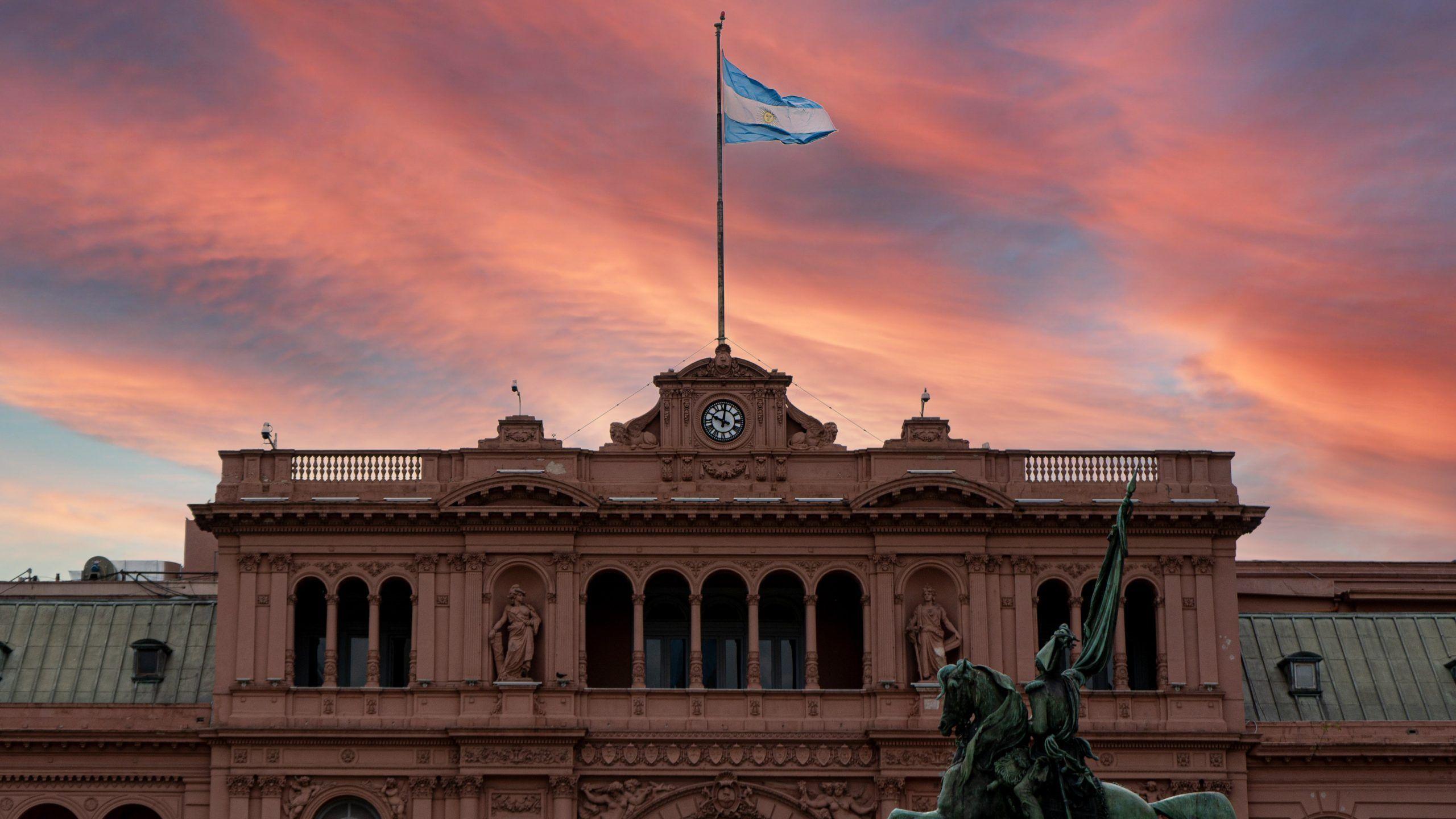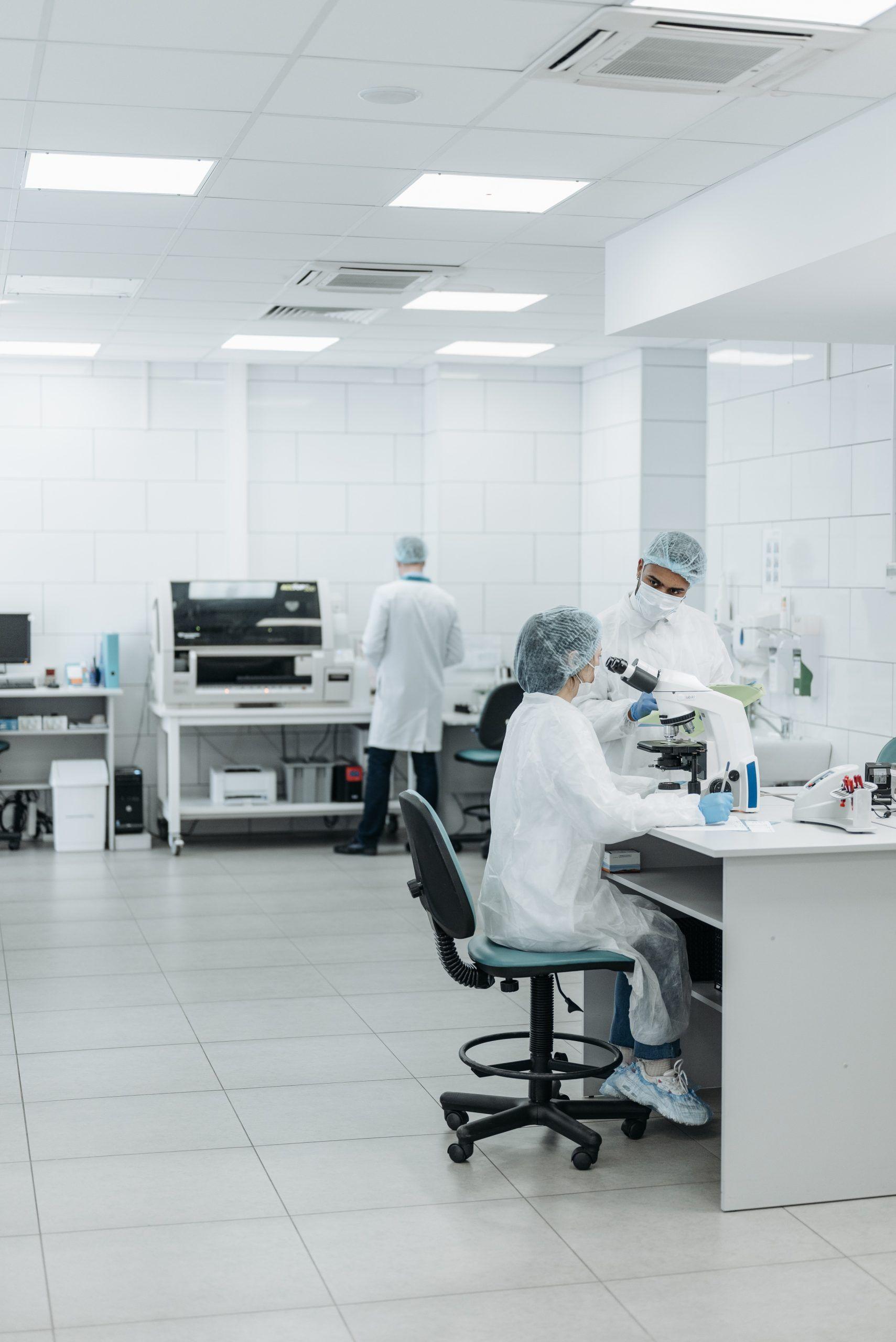Today, the day of national sovereignty and democratically elected as President of Argentina, Javier Milei, again awakens hope in people to be able to be great again, to dream, and to sing with pride the Argentinean hymn: "Oíd, mortals!, the sacred cry: freedom!, freedom! Oíd the noise of current routes, ved in throne to noble equality". The sky shows itself as heavenly as our flag and feels that good times come. But we should not forget to lay our feet on the earth and to analyze where we find ourselves as a country, and specifically, where the Argentine science is.
Innovation in science and technology contributes significantly to the economic growth of a country. We remember ours over the years:
- The Nobel Prizes by Bernardo Houssay for the role of hypophysis in regulating the amount of blood sugar, Luis Frederico Leloir for describing the sugar nucleotides and their role in the formation of carbohydrates and César Milstein for the development of monoclonal antibodies.
- The first bypass of Favaloro
- Until more recently, the vaccine against COVID-19 ARVAC or the treatment for spinal muscle atrophy of nusinersen with valproic acid, for example.
 Although we have demonstrated to give some important milestones worldwide, and our scientists are very acclaimed abroad, there are two undeniable realities:
Although we have demonstrated to give some important milestones worldwide, and our scientists are very acclaimed abroad, there are two undeniable realities:- The percentage of the GDP Argentina is about. 0.34% which represents very little the comparison of more advanced countries in this field such as the United States, Israel, Switzerland, Germany, among others that exceeds 3%, even considering that our GDP is much lower.
- The percentage for science is poorly administered.
Close the CONICET and leave it in the hands of the private industry? No, TRANKLES...It is true that there are many researches far from being applied, whose results do not progress towards the future of generating economic capital or patenting. Remarking how public science works abroad, countries like Switzerland, Germany or the USA, invest a lot of money in applied science that in a future can be transformed and created companies that generate money and growth in their countries without neglecting basic science, of course. I think that is the CONICET problem. The fact that you don't have enough money to waste everything due to the economic crisis generates a Impressive division of little money In the thousands of researches in Argentina. In this way, those research groups that have the potential to generate capital or knowledge of greater importance, have very little and advance very slow, although still, few with luck, manage to discover very interesting things. In addition, researchers allocate much of their work asking for subsidies to solvent their research that most of the time does not reach them and should conform to less, or even use money from their own pocket to continue. That's not going anymore!
What happens when a family has fewer recipes than before? The most reasonable would be to eliminate non-dispensable expenses and focus more on what is needed. There's the key. I think science and technology is an investment. But not all the investigations are. At least this crucial moment.
I don't think it would be convenient to close the CONICET, but to restructure it from within: to take the researchers who are in CONICET's career but who have not been investigating anything for some time and simply leave it in the hands of their "beccaries", or those who do not comply with minimum hours required, to decrease the supply of research lines that do not have a business future or that are not so essential to know Right now., and continue to provide lines that can generate patentings such as treatments for cures of diseases, pharmaceutical dianas, plant resistance to climate change, aerospace research, etc., and also allocate more money for those groups with ambitions. The scientist already has an internal motivation for science and for what it does, and believe 100%, but it is not enough. They sacrifice a lot and don't value enough. Just refocus your investigations and drive production. The fact that it promotes this type of research, which in the long term will extend the country's revenues. This will increase world trust and even the investments of foreign companies rooted in Argentina, allowing in the future more to be available for other investigations.
Today we are in a moment of prioritizing. The economy has been destroyed in recent years that there is almost no budget for this sector. And you need to be aware of that. If the cuts are necessary today, it is for a better future, with a good cause.
 What would be the consequences of leaving in the hands of the private industry research?Private investigation is fine, but it's not the only one. It is always good an interrelation between the private and the public. What I would have to eliminate is unnecessary expense and corruption in both of us. It would be hard to wait for example for pharmaceuticals to investigate everything about health when many focus on certain topics.
What would be the consequences of leaving in the hands of the private industry research?Private investigation is fine, but it's not the only one. It is always good an interrelation between the private and the public. What I would have to eliminate is unnecessary expense and corruption in both of us. It would be hard to wait for example for pharmaceuticals to investigate everything about health when many focus on certain topics.
One point to take a lot into account is that public research can work as a start-up incubator of a scientific character generating business diversity. If we leave everything in the hands of private industry, this diversity would be eliminated, and we will find ourselves tending to the monopolization of science at a few times. Pharmaceuticals would appropriate the entire market and it would be almost impossible to generate new small businesses. This is because all that an employee investigates and discovers in the pharmaceutical, is for the proper knowledge of this company and under no concept can “robe” that knowledge to open its own. For example, a scientist working in a pharmacist with a desire to undertake would be much more limited because he would need to have a proper laboratory or someone who will give him one and invest to enable him to investigate and thus, in the future, open his company.
The fact that it promotes public research with clear business outgoing goals, I think it's a great opportunity. We must try to stop thinking both the ones (public and private) as two completely opposite things and start seeing it as the continuation of a public way to the mist, and thus have the best of both worlds. This will allow the long-term to spend more to add lines and compete again for a Nobel Prize.
 Therefore, I think it is very necessary to analyze how it would affect every decision taken and try to hit them to match the promotion of generating economic capital in Argentina. It will be a difficult path, but it is possible to grow up again to be the pujante country we were and that should be by the clarity of our fatherland and those who will come.
Therefore, I think it is very necessary to analyze how it would affect every decision taken and try to hit them to match the promotion of generating economic capital in Argentina. It will be a difficult path, but it is possible to grow up again to be the pujante country we were and that should be by the clarity of our fatherland and those who will come.








Comments